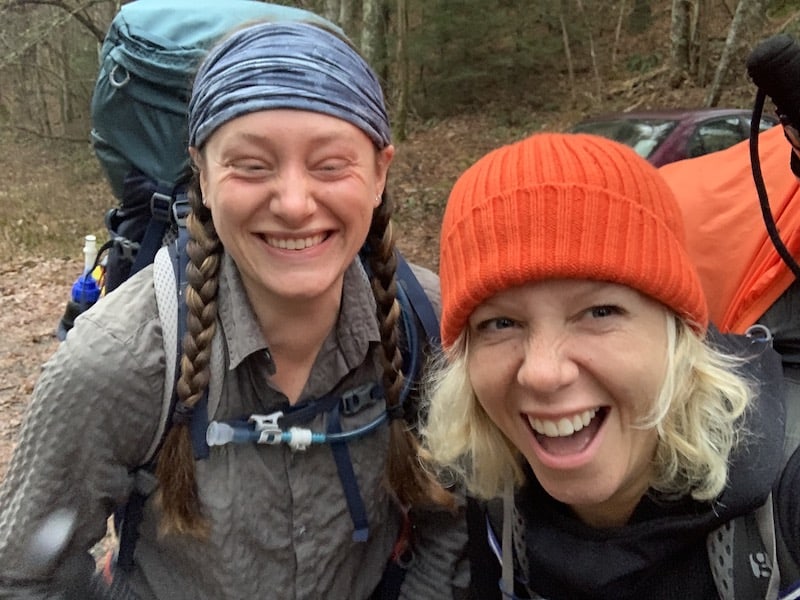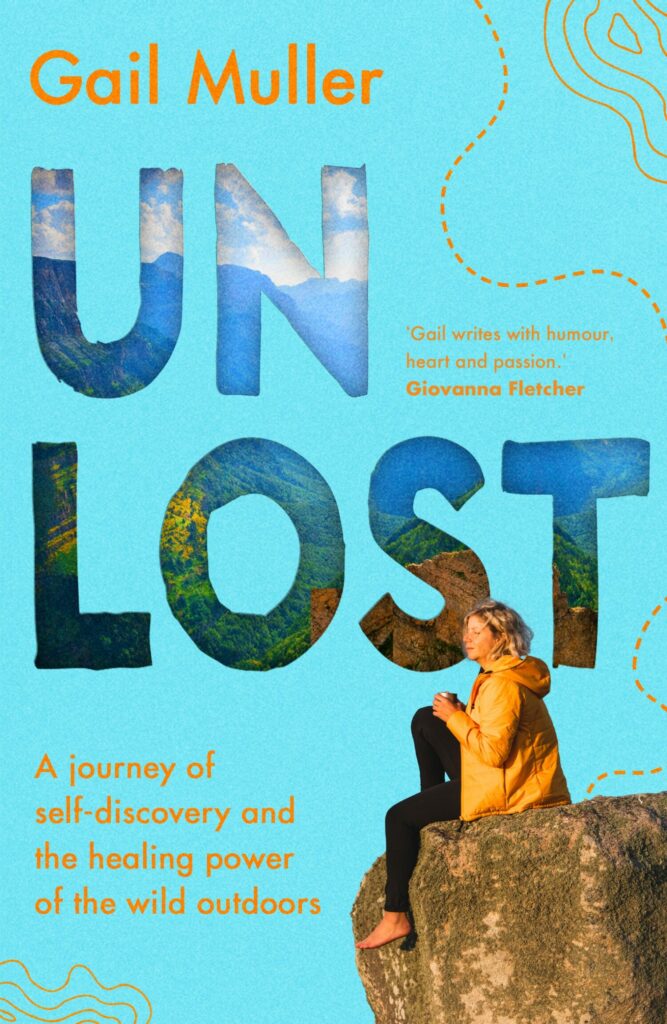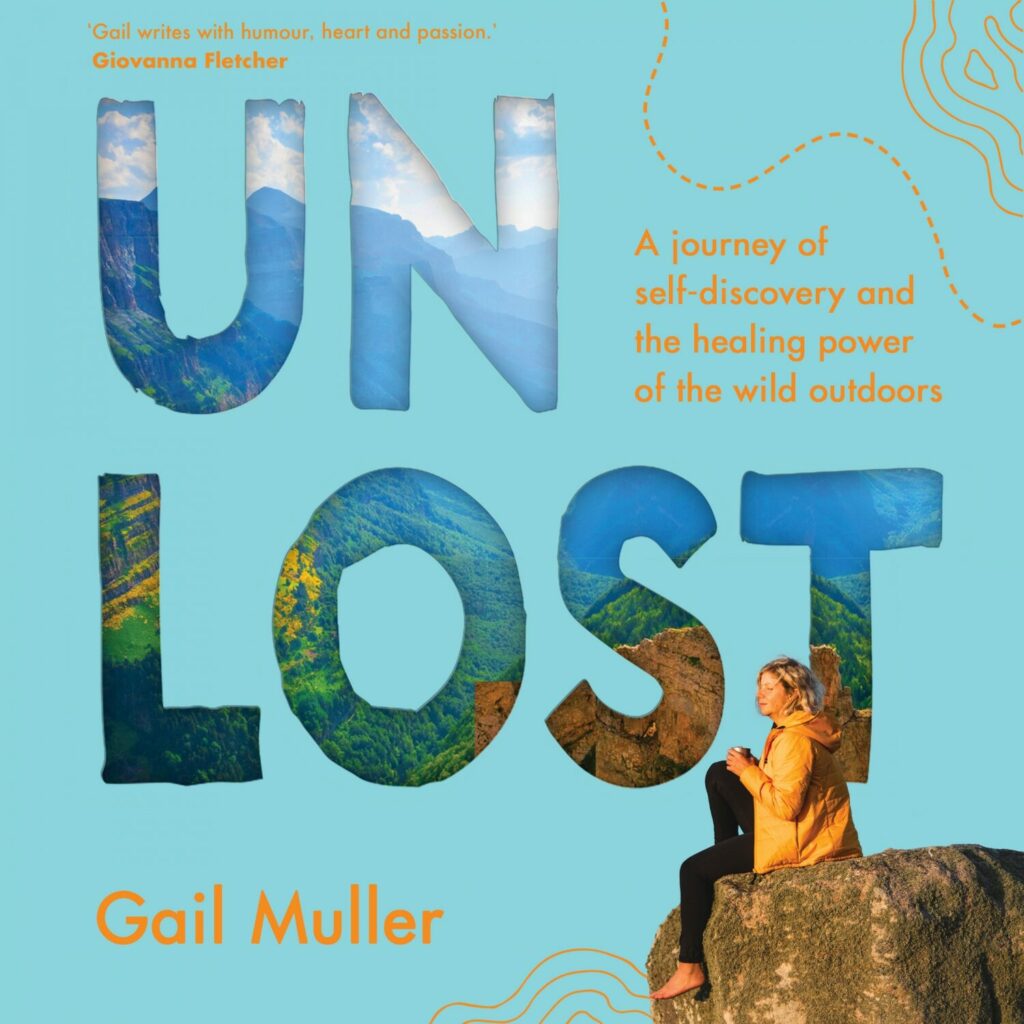How to Stay Safe When Solo Hiking
What do women face while on trails?
There’s a wide range of safety issues when it comes to hiking solo. Most of us have been asked on trails where our boyfriends are, or if our dad thinks it’s okay for us to be out in the woods alone. That’s not all though. From online trolls in hiking groups to creepy dudes who don’t know that “No thank you, I don’t want to hike/camp/drink with you” means a hard no. There’s a whole gamut of balls to dodge out there. No pun intended.
This can feel like it stifles and suppresses our freedom in the outdoors or sharing our experiences in real-time online. But it doesn’t have to. There are many more women hiking solo these days, but probably each with similar root fears at some point in their hiking career and with ways to overcome them. I’m a lone female hiker. Although I made many wonderful friends to hike and camp with along the Appalachian Trail, I was, at root, on my own. Also, I’m not here to scaremonger or man-bash; there are loads of different ways people can be assholes regardless of gender or sex.

But Why Worry?
I’m here to share what I’ve learned from my time outdoors. I actually had a safe and wonderful time on the trails I’ve hiked alone. I’ve met incredible people. This will be 99.9% of other people’s experience too, but it doesn’t hurt to be informed. The statistics about the safety of the Appalachian Trail were much discussed in 2019 the year I hiked, after the senseless murder and attack of hikers in Virginia.
It was clear though that aside from these extremely rare events, we know that we are safe on trail in comparison with the real world. I’m not talking about the kind of safety such as keeping dry in bad weather. That’s for another post. This is about keeping your wits about you and minimizing fears of the occasional loose-cannon having the chance to make contact with you, hassle you, or otherwise upset your apple cart while you’re solo hiking either as an experienced adventurer or you’re deciding to try something new.
A Little Bit of Background
My own life experiences mean that I am a little hypervigilant about certain aspects of my safety. I’ve experienced some trauma that meant when I planned my SOBO Appalachian Trail last year, I was perhaps worrying more than others. It didn’t help that before I left the UK to come out to the trail there had been the aforementioned attack, or that a male NOBO Appalachian Trail hiker I was following on Instagram had sent me aggressive, unsolicited d*ck pics and sexual videos. (Side note: he was later unmasked as a serial online stalker and chased off the socials by a group of incredible hikers who doxxed him and discovered, among other things, that he was raising money for himself via a fake charity using GoFundMe. They eventually got the authorities to force him to give all the money and gear back).
These incidents flared my anxieties. I realized that the only way to calm them was to take a more dispassionate and organized approach to keeping safe. At the same time, I had to be realistic about what what likely would or would not happen. Right. Let’s get to it. Below are a collection of tips that I found useful to know before I set off on my solo hiking trip. You might not need any of them, that’s cool; hike your own, etc. But if you don’t use them yourself, you just might meet someone like me who could do with hearing them.
Safety and Hitchhiking
You will likely need to hitchhike during the course of a long trail thru. Towns are not always easily accessible on foot, and you’ll most likely find yourself on the side of a road hoping for a ride. Hitchhiking can be safe, fun, and super helpful, especially if you’re with a few others. I loved it in a pair or group. However, it took me quite a while to hitch alone. In the end, it was dictated by circumstance rather than choice. So when it happened I made sure to consider all the advice I’d been given to stay safe when going at it alone. Here are some of the top tips:
- Trust your gut. If someone stops and it doesn’t feel right, then pass. Politely. Make up an excuse if you need to. If the driver is funny about it then that should only confirm your decision.
- If someone is clearly drunk or high, pass on the ride. It’s just not worth it to risk your safety. There’ll be another one.
- If you’re happy to take the ride but still anxious, then before you get in the vehicle, ask the driver if you can take a quick photo of their license place and send it to a friend. If they are funny about this then maybe it’s not the ride for you.
- Put your key valuables and phone in your fanny pack or in your hands/coat before you hitch. You’ll likely need to put your pack in the trunk and should the very unlikely scenario occur that you need to get out of the car and away swiftly, you’ll have your most important items with you.
- Try to avoid potentially inflammatory conversations in the car, such as politics, religion, and sexual topics. It’s not worth it and you don’t want to provoke any tension. If they are adamant about chatting on these topics, then nod, smile, and let them carry on.
- Don’t hitchhike after dusk if you can help it. You’re harder to see by the side of the road and easier to hit!
Unlost
Gail Muller
Gail Muller was told she’d be wheelchair bound by the age of forty. At forty-one, she embarked on one of the world’s toughest treks – The Appalachian Trail.
-
Ebook
-
Audiobook
-
Paperback

